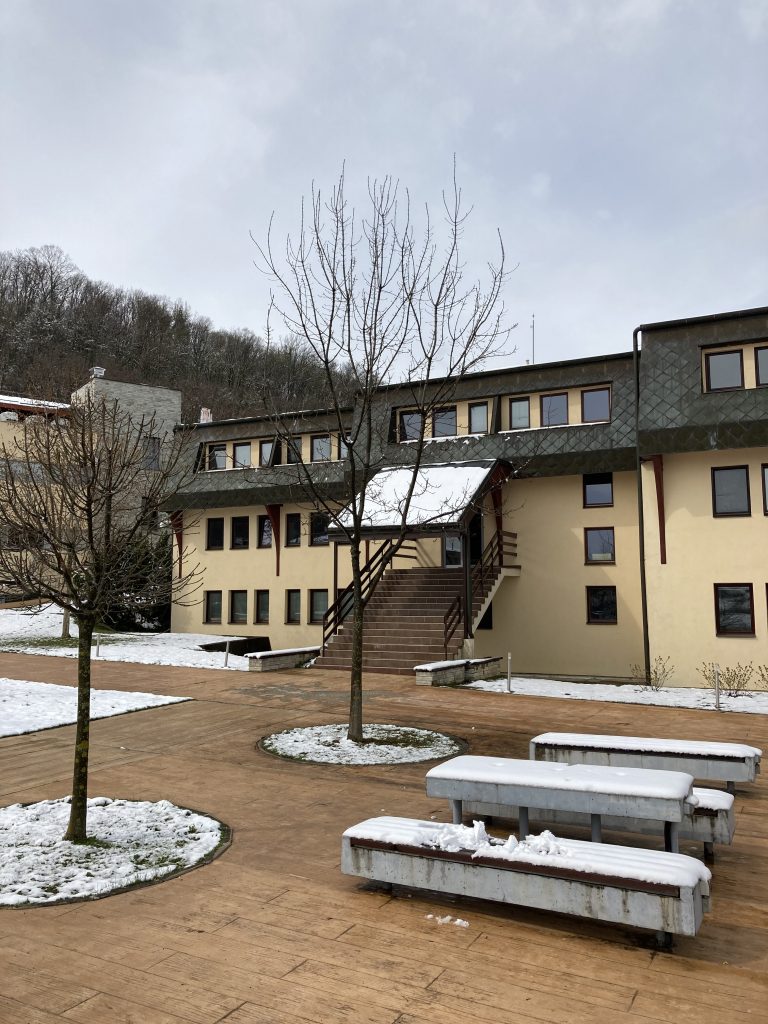Revolucija ljudskih prava u Srbiji: reći ne seksualnom nasilju.
Prethodnih par meseci, medijsku javnost Srbije prate vesti o seksualnom zlostavljanju tinejdžerki u prestižnim institucijama. Prijava silovanja u cenjenoj školi glume nastavljena je obelodanjivanjem godinama zataškivanim slučajevima zlostavljanja u Istraživačkoj stanici Petnica, jednoj od prvih samostalnih i nezavisnih naučnih institucija u Srbiji.
Uznemirenost vestima o istaknutim slučajevima zlostavljanja ne ublažava nepoverljivost u blagovremenu i adekvatnu reakciju državnih organa – budući da se u najvećem broju slučajeva ovakva krivična dela ili ne procesuiraju ili se kažnjavaju u onoj meri u kojoj to pomaže nastavljanju vršenju nelegalnih aktivnosti.

Ipak, hrabri potezi prijavljivanja krivičnih dela seksualnog nasilja u prethodnih sedam meseci predstavljaju značajan korak u otvaranju novog poglavlja srpskog pravosuđa i redukovanja atmosfere u kojoj društvo u celosti postaje idealna žrtva. Od ranog detinjstva deca su učena da ćute, da trpe i da bez prava glasa pomno slušaju šta im odrasli govore.
Kada pričamo o odgovornosti, važno je da znamo da svi doprinosimo održavanju kulture nasilja, ali i njenom otklanjanju. Javne institucije treba da razviju sisteme prevencije nasilja i psihološke podrške ukoliko do njega dođe, kao i poštovanje protokola koji su obavezujući, a koji pre nalažu dužnost prijavljivanja krivičnog dela bez odlaganja.
Drugim rečima, neophodo je kreirati okruženje koje podržava prijavu nedozvoljenih radnji i u kom reakcija društva prema preživelima nije osuđujuća. Svako istupanje u javnost potencijalno nosi novu traumatizaciju i ponovno doživljavanje iste traume. Kako od strane osoba koje rade u medijima, koje u velikom broju slučajeva ne vode računa o osetljivosti teme i protagoniste, već tome da dobiju dobru priču; tako od trećih lica koje te priče slušaju, gledaju i o kojima sude. Ovo je tema o kojoj se najmanje priča, a najvažnija je.

Sa druge strane, roditelji treba da uče decu da se ljubav ne izražava čupanjem za kosu, da dodiri, zagrljaji i poljupci koji osobi ne prijaju nisu okej, da NE znači NE. Da ne postoji apsolutni autoritet. Da se svaki autoritet preispituje s vremena na vreme. I da krivična dela ne smeju da se zataškavaju. Čim svi počnemo da radimo svoj deo posla kako treba – revolucija će u potpunosti biti sprovedena!
Sara Djurdjevic
Foto di Stevan Aksentijevic da Pixabay
The human rights revolution in Serbia: say no to sexual violence.
For the past few months, the Serbian media has been following the news of the sexual abuse of teenage girls in prestigious institutions. The report of rape in the esteemed school of acting continued with the disclosure of cases of abuses that had been covered up for years at the Petnica Science Center, one of the first independent scientific institutions in Serbia.
Disturbance by news of high-profile cases of abuse does not alleviate distrust in the timely and adequate response of state authorities – since in most cases such crimes are either not prosecuted or punished to the extent that it helps to continue illegal activities.
However, the courageous moves to report crimes of sexual violence in the past seven months represent a significant step in opening a new chapter in the Serbian judiciary and reducing the atmosphere in which society becomes an ideal victim. From an early age, children are taught to be silent, to suffer, and to listen carefully to what adults tell them without the right to vote.
When we talk about responsibility, it is important to know that we all contribute to keeping a culture of violence, but also eliminating it. Public institutions should develop systems for the prevention of violence and psychological support in the event of violence, as well as adherence to protocols that are binding, which require the duty to report a crime without delay.
In other words, it is necessary to create an environment that supports the reporting of illicit acts and in which society’s reaction to survivors is not judgmental. Every public appearance potentially carries new traumatization and re-experience of the same trauma. By people working in media, who in many cases do not take care about sensitivity of the topic and the protagonist, but to get a good story; and by third parties who listen to these stories, watch them and judge them. This topic is the least talked about, but the most important.
On the other hand, parents should teach children that love is not expressed by pulling hair, that touches, hugs, and kisses that people do not like are not okay, that it does NOT mean NO. That there is no absolute authority. That every authority should be questioned from time to time. That criminal acts should not be covered up. As soon as we all start doing our part of the job properly – the revolution is going to be completed!
Sara Djurdjevic

